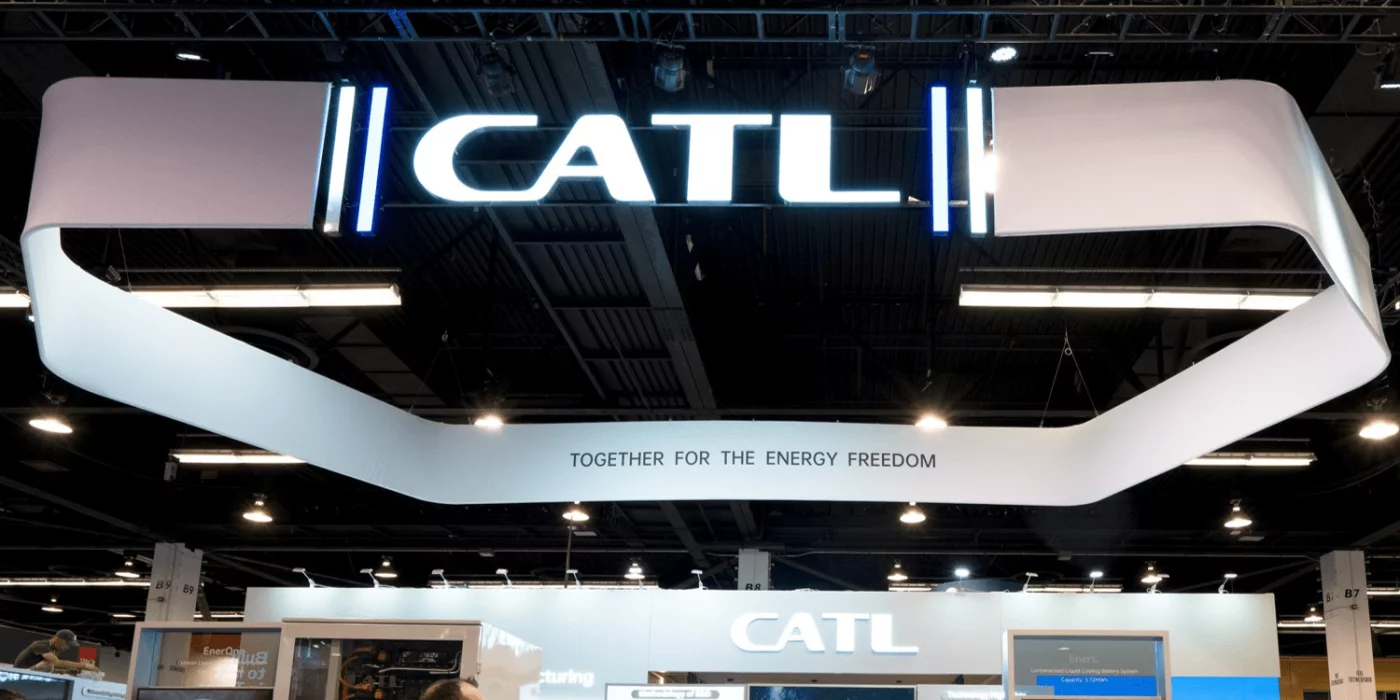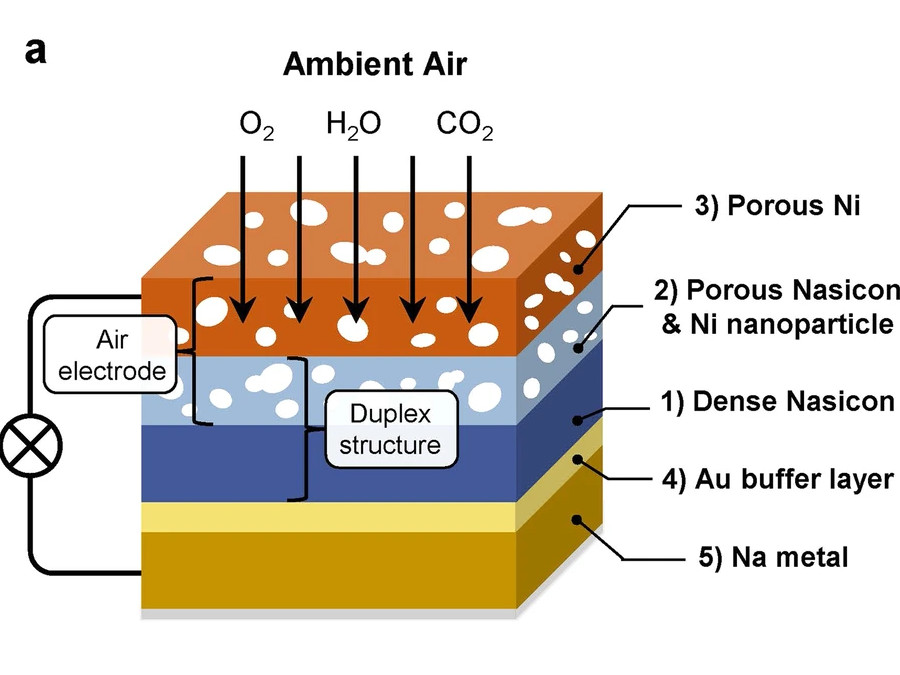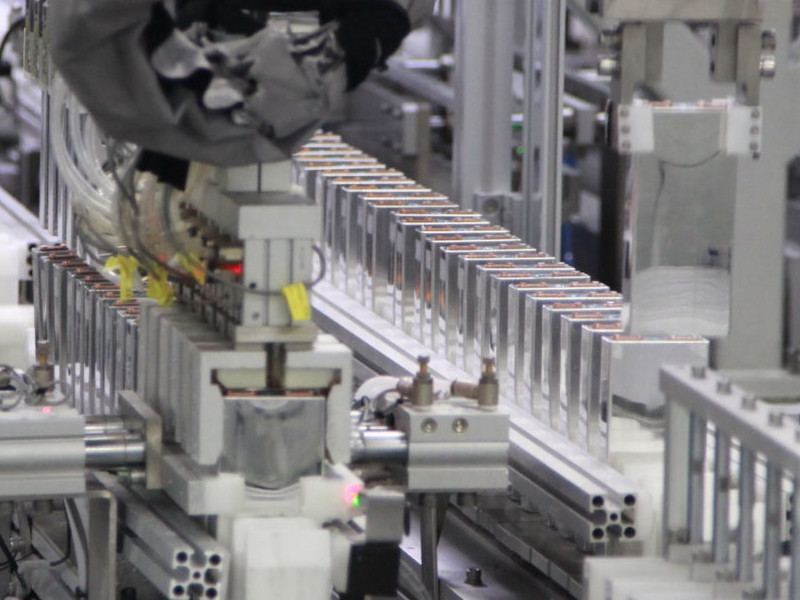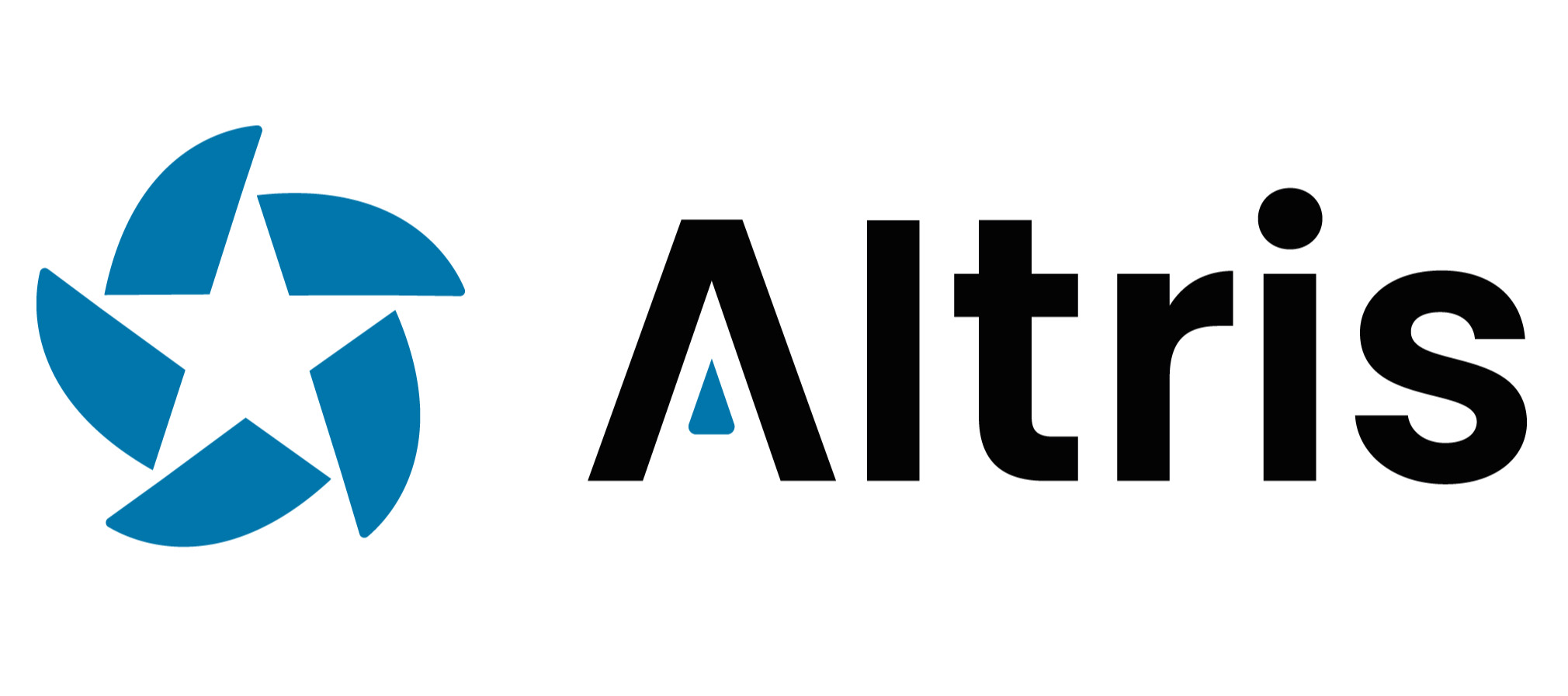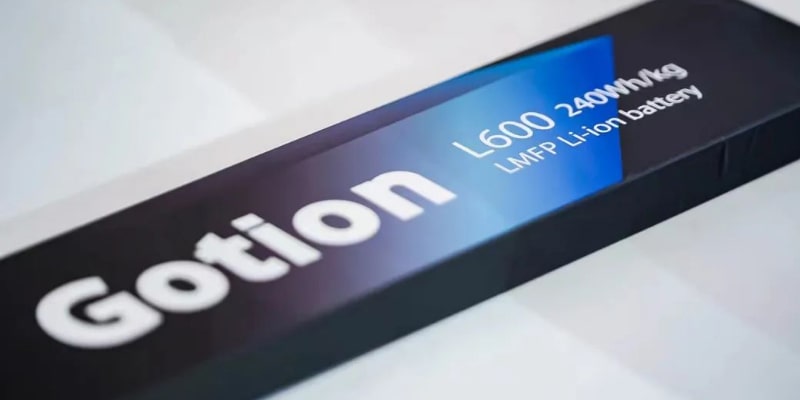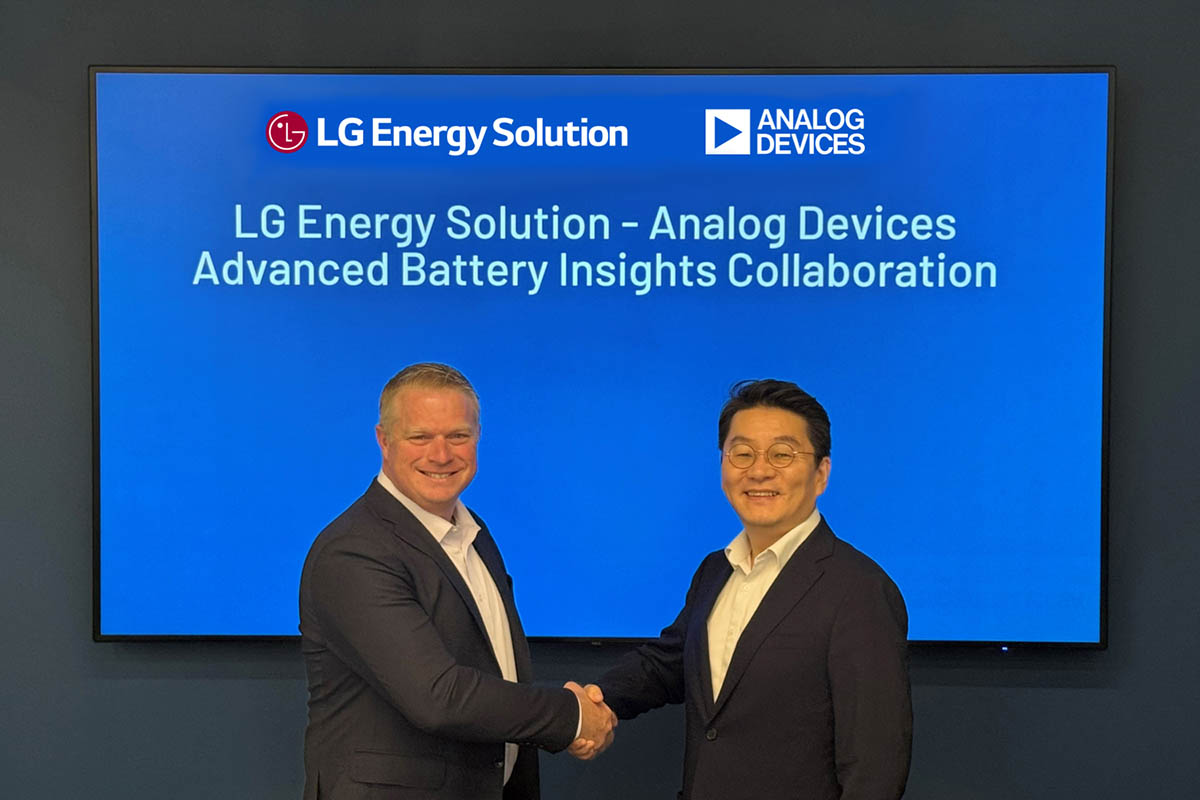The global electric vehicle (EV) battery market continues its upward trajectory in 2024, with prominent players such as CATL and BYD maintaining their dominance. CATL, in particular, retains over a third of the market share, but BYD is narrowing the gap with its introduction of new, lower-priced EV models.
From January to April 2024, global EV battery consumption reached 216.2 GWh, marking a 21.8% increase from the same period last year. CATL emerged as the market leader, with an installed capacity of 81.1 GWh, representing a 30% year-on-year growth. According to SNE Research, CATL accounted for 37.7% of the market share through April 2024, supplying batteries to popular models like the Tesla Model 3 and Model Y.
BYD, despite a slower start in 2024 due to the Chinese New Year, saw significant sales growth, securing the second position with a 15.4% market share. BYD’s battery installations totaled 33.2 GWh through April, up 18.3% from last year. The company’s market share rose from 14.3% through March, driven by the launch of new, affordable EVs like the Seagull Honor Edition, priced at just $9,700 in China.
BYD’s recent introduction of the fifth-gen Dual Motor (DM) hybrid technology further strengthens its position in the market. The DM 5.0 offers exceptional fuel efficiency, with consumption as low as 2.9 liters per 100 km and a range of over 1,300 miles (2,100 km) on the CLTC cycle.
The top three South Korean EV battery makers, including LG Energy Solution, accounted for 22.8% of the market share, down 2.4% year-on-year. LG Energy Solution led among the three, with a 13% market share and battery consumption of 28 GWh, driven by higher sales of Tesla and Ford vehicles in Europe and North America.
Samsung SDI experienced the highest growth rate at 32.9%, installing 10.9 GWh through April and capturing a 5.1% market share. Meanwhile, SK On, with 4.8% of the market, saw a slight decline in installations but is expected to recover with the rollout of refreshed models like the Hyundai IONIQ 5 and Kia EV6 equipped with SK’s fourth-gen batteries.
Panasonic, the only Japanese automaker in the top ten, placed sixth with 10.2 GWh, down 29.5% year-on-year. CALB, Eve Energy, Gotion, and Sunwoda rounded out the top ten EV battery makers through April 2024, showcasing the continued evolution and competitiveness of the global EV battery market.

